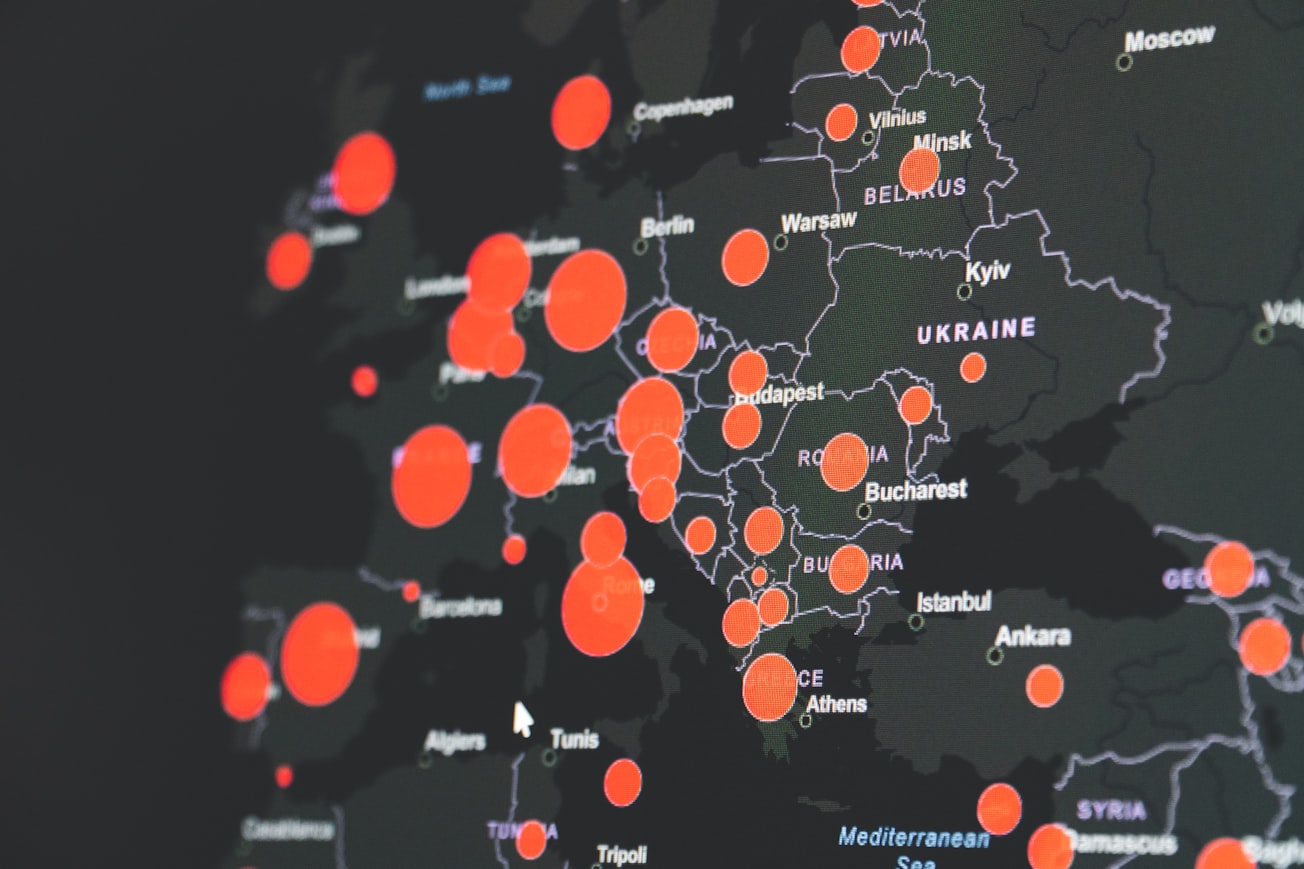What is it about?
This study reveals how the timing of clinical trials during an epidemic can significantly underestimate vaccine efficacy, impacting public health decisions. It emphasizes the need to interpret vaccine data cautiously, adapt trial designs, and inform vaccination strategies for both COVID-19 and future pandemics.
Featured Image

Photo by Martin Sanchez on Unsplash
Why is it important?
Understanding how epidemic timing affects vaccine efficacy is vital. Misjudging efficacy can lead to flawed public health decisions and hinder the fight against diseases like COVID-19. This research enhances our ability to make informed vaccination strategies.
Perspectives
Perspectives: The research on the impact of epidemic timing on vaccine efficacy offers several critical insights and implications for public health, clinical trial design, and future pandemics: 1. **Reevaluating Vaccine Data**: This study prompts a reevaluation of vaccine data collected during the peak of epidemics. It emphasizes the need to consider the timing factor when assessing a vaccine's real-world performance. Health authorities and researchers should interpret such data cautiously. 2. **Informed Vaccine Rollout**: Understanding how vaccine efficacy may vary with epidemic timing can inform vaccine rollout strategies. Policymakers can better allocate resources and prioritize vaccination efforts during different phases of an epidemic to maximize protection. 3. **Trial Design Considerations**: The research underscores the importance of carefully planning clinical trials, particularly large cohort phase III trials. It highlights the potential pitfalls of conducting trials during the epidemic's peak and suggests that trials may need to be adapted to consider the evolving dynamics of the disease. 4. **Vaccine Development**: Insights from this study can guide future vaccine development efforts. Vaccine developers should account for the impact of epidemic timing in their trial designs and consider conducting trials at different stages of an epidemic to obtain a more comprehensive understanding of vaccine efficacy. 5. **Public Health Communication**: Communicating vaccine effectiveness to the public is crucial for building trust and promoting vaccination. Health authorities must factor in the timing of trials when explaining vaccine performance to avoid misconceptions that could fuel vaccine hesitancy. 6. **Global Pandemic Preparedness**: The COVID-19 pandemic has exposed vulnerabilities in global pandemic response. Understanding the nuances of vaccine efficacy in different epidemic phases contributes to improved preparedness for future pandemics. It highlights the importance of adaptability and data-driven decision-making. 7. **Broader Scientific Implications**: Beyond the immediate implications for vaccine efficacy, this research highlights the complexity of real-world data interpretation in epidemiology and clinical research. It underscores the need for a multidisciplinary approach to understand and address the multifaceted challenges posed by epidemics. In conclusion, this study on epidemic timing's impact on vaccine efficacy represents a significant step forward in our understanding of how vaccines perform in the real world. It offers actionable insights that can shape vaccination strategies, clinical trial designs, and public health policies, ultimately contributing to more effective responses to epidemics and improved global health security.
Dr Antonio Scala
CNR Institute for Complex Systems
Read the Original
This page is a summary of: Measuring the efficacy of a vaccine during an epidemic, PLOS One, September 2023, PLOS,
DOI: 10.1371/journal.pone.0290652.
You can read the full text:
Resources
Contributors
The following have contributed to this page







